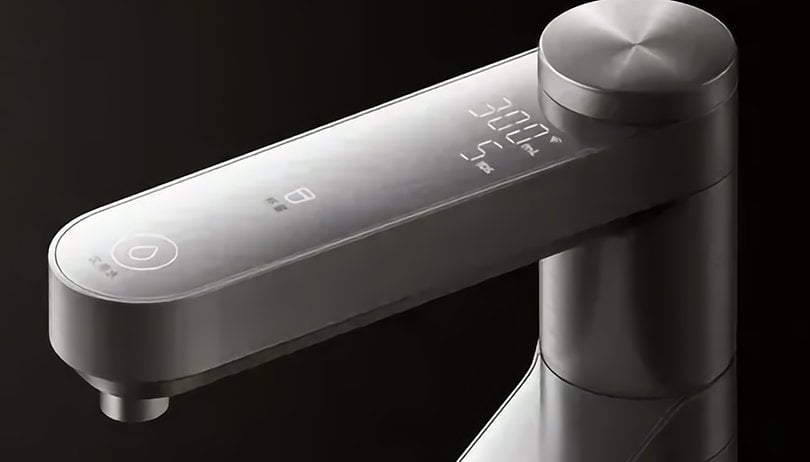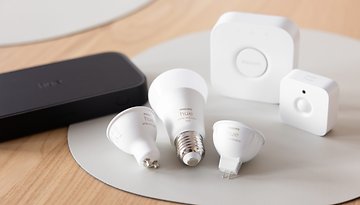Say Goodbye to Contaminated Water: Xiaomi Fights Pollution at the Tap


Read in other languages:
Xiaomi is expanding its smart home portfolio with a product that goes beyond mere convenience functions: the Mijia Water Purifier Pro. The intelligent water filter is listed on the Chinese platform Youpin and designed to address a practical and necessary problem—the quality of tap water.
You don't get a classic top filter here, but a sophisticated RO (reverse osmosis) system designed to eliminate up to 99.7 % of the particles and pollutants contained in water. The device continuously measures the TDS values (Total Dissolved Solids) of the incoming and outgoing water and visualizes them directly on an integrated OLED display—a detail not often found in this price range.
How the filter technology works
The Mijia Water Purifier Pro uses a 6-stage filter system, supplemented by a newly developed 3-in-1 module made of PP cotton, activated carbon, and RO membrane. It is controlled via Xiaomi's home app (Mijia), which includes status monitoring, filter warnings, and real-time water quality evaluations.
An exceptional technical detail: the filter has two separate taps with optimized outlets. The upper one supplies exceptionally pure drinking water with a flow rate of 4.25 liters per minute and a filter capacity of up to 6,500 liters - ideal for daily consumption. The lower outlet is intended for less sensitive applications like washing fruit and vegetables. It offers a significantly higher flow rate of 13 liters per minute and up to 25,000 liters of capacity. This sets Xiaomi's solution apart from conventional systems, both functionally and in terms of convenience.
Why is This Relevant?
While many water filter solutions work passively and offer hardly any smart elements, Xiaomi's Mijia Water Purifier Pro is a networked, data-supported product that gives you transparency about water quality and control over maintenance intervals, directly via app and OLED display.
Especially in times of increasing uncertainty about drinking water quality - even in industrialized nations such as the USA - a system like this is becoming increasingly relevant. The scandal surrounding lead-contaminated drinking water in Flint, Michigan, is one example of how quickly trust in public supplies can be lost.
Two filter versions are currently available to pre-order in China: the larger model (1600G) costs the equivalent of around 390 euros, while the smaller 1200G version costs around 335 euros. A market launch in Europe has not yet been announced, but anyone still curious should keep an eye on the international channels.
Source: Notebookcheck



















